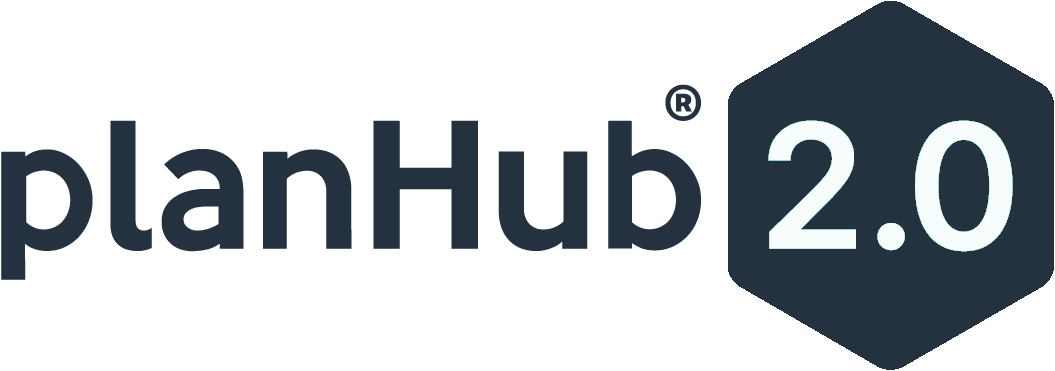If you’ve never put together a response to a request for qualifications for a commercial construction project, it’s hard to know exactly what information to include. What are the expectations from potential clients? How can you best showcase your ability to do the work?
We’ve put together a list of common items that are typically requested in RFQs. You don’t necessarily have to include them all, but it’s good to know what items you may need to provide. But first, let’s make sure we’re speaking the same language, and then we’ll give you some keys to responding to an RFQ.
What is an RFQ?
There are so many acronyms in construction; it can be dizzying. Their meanings seem to be different depending on what part of the country or world you’re in. Let’s go over a few key terms now, so we’re on the same page as we advance.
An RFQ, or request for qualifications, focuses on a contractor’s experience, past projects, and credentials. Its purpose is to determine whether a contractor is qualified to perform on a project rather than on the price of the project. In fact, pricing often isn’t part of an RFQ. They’re often used to help owners select a small group of contractors to provide pricing on a project.
An RFP, or request for proposal, has a defined project scope, deliverables, drawings, and specifications. The design of the project is complete, or as complete as it will be, and the owner is looking for pricing. An RFP may be sent out to select contractors after an RFQ is used to choose the pool.
An ITB, or invitation to bid, is often sent by general contractors to invite subcontractors and suppliers to bid on a project. Its purpose is to publicize the project and inform contractors about the information they need to bid on the project and access the documents.
Three keys to responding to an RFQ
1. Read the RFQ document carefully.
It can be tempting just to skim an RFQ, especially when you’re busy bidding on other projects. But it pays to review these documents carefully, so you know how to organize your response and what information is being requested. You want to pay attention to project and client details, the scoring matrix, project requirements, and response requirements, such as the length and preferred format. Additionally, note the submission date and time and how the owner wants the response submitted. Missing small details can put you out of the running before you even get started, wasting all your time and effort.
2. Respond to each item in the RFQ and provide the information requested.
Make sure you use the same numbering and headers for your responses. Also, don’t include added information unless it is pertinent to the project. Many RFQs have a length requirement and added information could put you over the limit and disqualify you.
3. Customize your response as much as you can.
It can be tempting to develop a boilerplate RFQ response and just send it out for each project. However, project owners are looking for proof that you understand their project and their mission, and a boilerplate response won’t show that. There are some parts of the response that you may be able to copy from one RFQ to another, but generally, the content should be original for each project. Researching your potential client and their project will help you craft your response and customize it to their needs.
What to include in an RFQ response
General contractors are often the ones replying directly to an RFQ. Subcontractors may be involved in the process if the GC is submitting a whole project team in response to the request. Each project will have different requirements, so we have listed possible items that may be requested. Check your RFQ for project-specific requirements.
Project experience
Most RFQs will request information on similar projects you have performed. You want to make sure you highlight those that have a comparable scope or are of a similar size. If you don’t have a specific project that is similar, include your best work or largest project.
Include photos that highlight your work. It’s a good idea to invest in high-quality images for critical projects that you’ll want to include in your RFQ responses. Provide a short description of each project and include contact information for your client as a reference.
Key personnel resumes
Provide resumes for key employees that will be potentially working on the project. You want to include employees who have worked on projects of related type and scope. Include your project managers, superintendents, skilled trades, and anyone with unique credentials that will be needed on the project. Highlight their experience on similar projects and their skill sets.
If you are submitting an RFQ with a complete project team, you’ll want to include resumes from fundamental subcontractors with your response. Subcontractors should provide a one-to-two-page document that shows their project experience and provides short resumes for their key personnel.
Project schedule
RFQs may request a proposed schedule for the project, including significant milestones. If this is the case, you’ll have to reach out to subcontractors to get an idea of their work duration. You may also be asked for a completion date or the duration of the project in days.
References
Most qualification requests will inquire at least three references. You want to include people who were happy with your work. Include references from the projects you highlighted in your experience and any additional references that may be of high value, such as larger clients.
Insurance certificate
The RFQ may spell out the insurance requirements for the project and request that you include a certificate showing that you have the limits requested. Make sure that you’re in compliance before submitting an insurance certificate with your RFQ.
Contractor’s license
In most states, contractors are required to be licensed and registered. You’ll want to include proof that you are licensed and bonded as required by the state where the project is located. Moreover, if it’s pertinent to the job, include specialized licenses like electrical or plumbing.
Financial statements
Potential customers want to ensure that the contractor they select is financially stable and has the cash flow to take on their project. They may request that you provide one to two years of reviewed or audited financial statements. Usually, these need to be produced by a CPA.
Bonds
Some RFQs may request that you provide a bid bond. This type of bond guarantees that you’ll go to contract for the amount of your bid. These ordinarily aren’t required for an RFQ, unless you’re turning in pricing as well.
If the project is bonded, you may be required to turn in a bonding capacity letter. This is a letter from your surety or insurance company letting the owner know how large of a bond they’re willing to produce for you. There are customarily two amounts given in a bonding capacity letter: per project and aggregate. Clients will be interested in your ability to bond more than their project is worth and ensure that you haven’t met your overall bonding limit.
Safety manual or policy
Safety and health are important to all clients, so you may be asked to provide a copy of your safety manual or policies so the owner can review them with your qualifications. It’s a good idea to have a shortened version that you include with RFQs, so you don’t run out of space.
You may also be asked to include your EMR rating. You get this from your workers’ compensation insurance company, and it’s a measurement of your safety record.
Drug and alcohol policy
Potential clients may request a copy of your drug and alcohol policy to ensure that your policies comply with state requirements and match theirs. You can provide a shortened version that hits the high points.
Putting your best foot forward
An RFQ response should shine the light on your company’s abilities to perform the project and put the potential client at ease, knowing that you have the required experience and knowledge to provide them with a great project.
Read the RFQ document carefully, provide the requested information, and answer questions as clearly as possible. Think about what the potential client needs and what’s most important for them and tailor your responses to meet those needs. If you do this consistently, you’re sure to get selected to bid on many projects.
To find more projects to bid on, check out the tools on PlanHub today.






